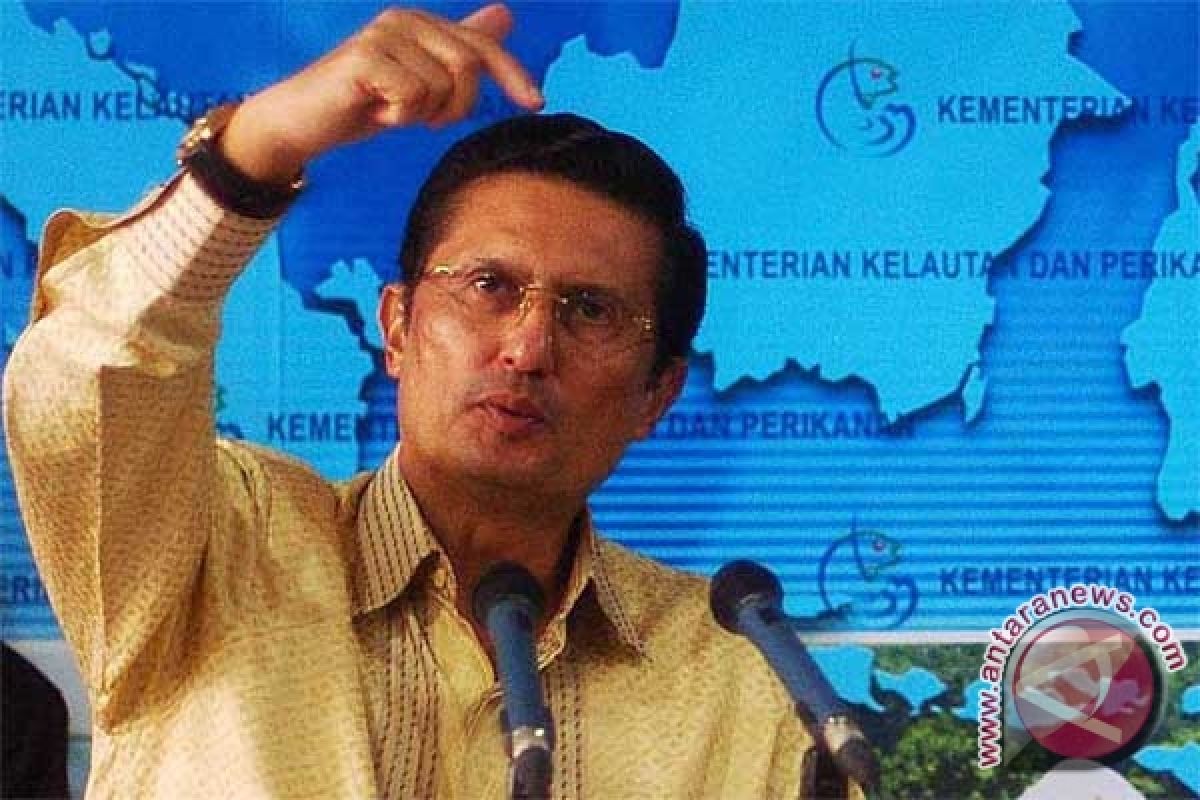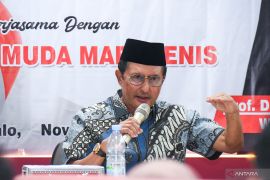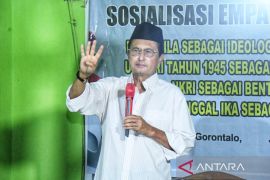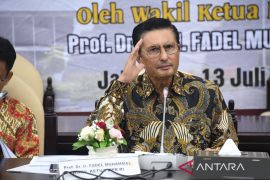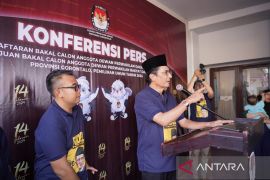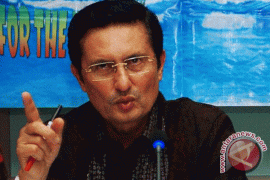"Until today Malaysia still seems to buy time to discuss the border issue," he said here on Tuesday.
Meanwhile he said he had many times offered to discuss the issue with Malaysia.
Fadel said the core of the problem with regard to the seizure of the boats was a borderline.
"We must discuss the borderline with Malaysia so that it becomes clear," he said.
Fadel said he plans to discuss the issue with Malaysia at a consultation meeting scheduled in August, 2011.
His ministry`s patrol ship Hiu 001 seized two Malaysian fishing boats on Thursday with five Thai national crew on board in the Indonesian Exclusive Economic Zone in the Malacca Strait.
The boats carried no fishing business license (SIUP) and fishing license (SIPI) issued by the Indonesian government and they also used trawls which are banned by Indonesia.
The boats were then taken to the Belawan naval base and the catch was then unloaded to be kept as evidence.
The case is now still being investigated by naval investigators.
"It is still being investigated by investigators from the Belawan naval base," the ministry`s director general of fisheries and marine resources supervision, Syahrin Abdurrahman, said.
He said based on the rules three people would be named suspects namely the skipper, engine chief and fishing master. So six people would be suspects from the two boats.
A legislator, Hidayat Nur Wahid, meanwhile said the law must be enforced against the boats if they were proven violating the border.
The former chairman of the People`s Consultative Assembly said in reply to ANTARA in Padang, West Sumatra, on Tuesday that such an incident had often occured and therefore action must be taken against anyone found guilty.
"The law must be enforced not for a revenge or seeking a problem but becausse a law has really been violated," he said.
To prevent recurrance he said what has been agreed upon by the two countries need to be communicated in the field to reduce border problems.
(T.M040/H-YH/HAJM/B003)
Editor: Priyambodo RH
Copyright © ANTARA 2011
